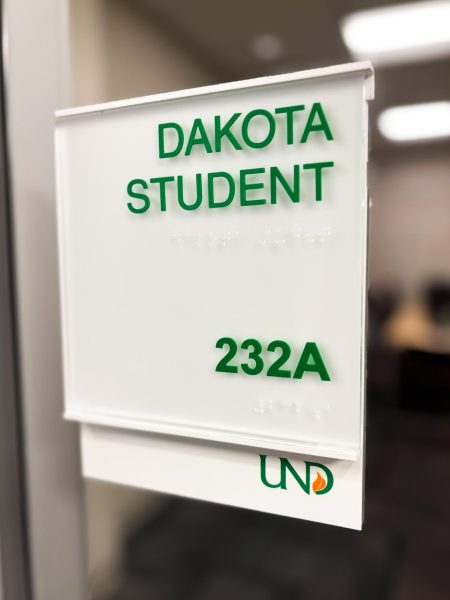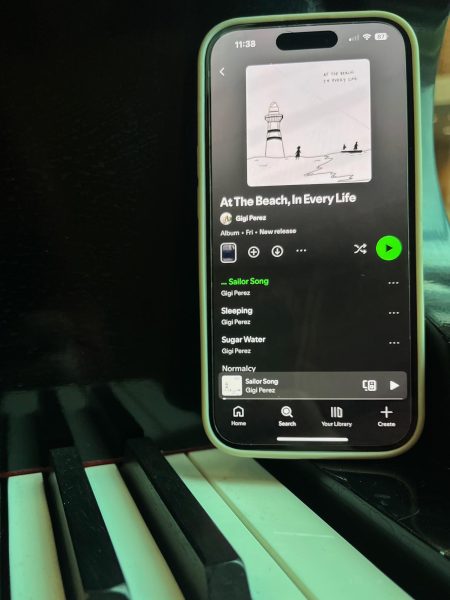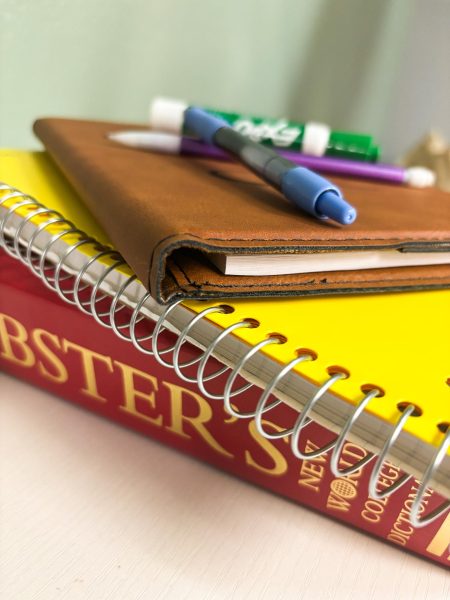Reading creates emotional connections
A few weeks ago, one of my professors asked the class what many would consider a completely innocent question: What was the last non-class related book you read? I didn’t answer. I could have, but I didn’t. Instead, I was uncomfortable for what seemed like no reason whatsoever.
I’ve been pondering this event since it happened — my response (or lack of one) bothered me. I kept coming back to something my English-professor grandmother had said years ago: Giving someone a book is the most personal thing you can do. It makes so many different assumptions about the person that to get it right, you must be incredibly close to both your gift and the receiver.
Books are my life — this isn’t an understatement. I study literature in hopes to find a job that will keep me close to books. My primary source of entertainment comes from my bookshelves. I grew up with my favorites the way a person grows up with a childhood friend. Since I moved around as a kid, my books were one of the few constants in my life. On top of that, growing up with an immune disorder meant that there were many lonely days where all I had were my antibiotics and my books.
My professor’s question wasn’t out of line or inappropriate — it was simply incredibly personal to me. It was like he was asking me to name my best friend (I often am reading three or four books at once).
Musicians have their instrument — they spend hours upon hours with it, honing a craft, learning the ins and outs of the way a piece of wood or brass can create something beautiful. I argue it’s the same for readers — but instead of music, we are creating worlds.
Authors can only put so much into words — there has to be some left to the imagination. The reader’s mind fills in these gaps, creating a world completely unique. To use the musician example again, it is like a cellist playing Bach — every cellist plays the suites slightly differently. This isn’t to say they deviate from the music or play it incorrectly, but that there is something going on behind the scenes. The musician has parts of the music she hates, loves and struggles with. There is a relationship between the musician and the notes, there are inside jokes and points of pain and points of sheer joy — the same can be said for readers and their books.
What a person reads says volumes about the person in question. Think of the suggested differences between a person who reads essays on poetry (yes, for fun) and the person who reads poetry straight. Think of the difference between the person who reads fantasy novels and the person who reads pop-philosophy. Think of what a reading list that combines all of the above says about a person.
To use myself as an example, when the question was asked of me, I was currently reading three books: a favorite fantasy novel, a book of essays on late 20th century British poets and their use of the ideas of entropy and a My Little Pony comic book. Had I responded, my response would have revealed more about myself to the class than I was comfortable with. The fantasy novel is one of my favorites and a book that I hold close to my heart the way a child holds their favorite teddy bear. The essays reveal me as someone who likes to look at the gears turning beneath the work and could characterize me as possibly pretentious. I don’t think I need to explain what conclusions a person could draw from the comic book.
My reading list can say a lot about me — both correctly and incorrectly. The same can be said of any reader. Is it any wonder, then, that I was more than reluctant to respond? It would have felt like reading a page of my diary aloud to a room full of strangers.
We each have something that brings us joy, something more than a hobby that defines us as a person. Mine happens to be books — find yours. Embrace it, enjoy it, love it.
Kjerstine Trooien is a staff writer for The Dakota Student. She can be reached at kjerstine.trooien@my.und.edu.






